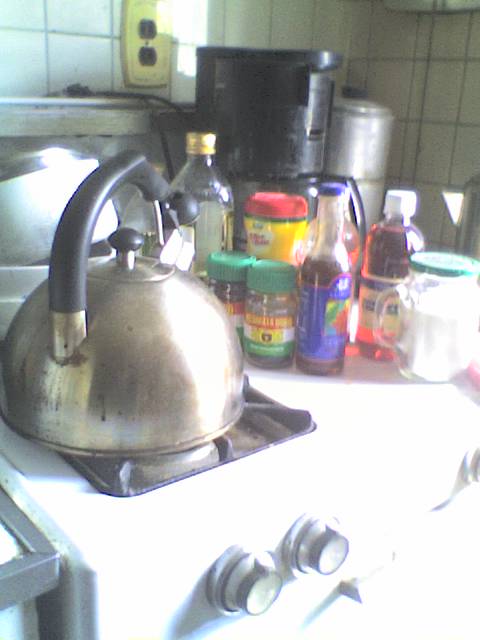Norwegian - and actually any Scandanavian cooking has always been maligned. People make fun of the supposed overuse of herring or lutefisk. There are always jokes about reindeer meat and lingonberries. However the Scandinavian peninsula is suddenly a culinary hot spot. It's featuring fresh dishes cooking the way the Vikings cooked and foodies are loving this modern Viking invasion.
This was the subject of Julia Moskin''s article in today's New York Times Dining section. In it, she explores the old techniques of drying, smoking along with pickling and curing. Even modern utensils are nixed for the more classic shells, juniper, hay and twigs as kitchen tools. Garden scraps are also used as decorations as opposed to fancy sauces swirled into patterns, The food itself wouldn't be out of place at a Viking feast. Yes there was reindeer but also moose and bear cooked with vegetables. This last is a true Lapp dish that 's now turning culinary heads.
Modern classics are also made however they have a distinct Northern European twist, Creme brulee is baked but it's with Danish cream. There is also a sourdough battered haddock served on juniper branches. Root vegetables , another Nordic staple, are plated with a sauce of cream whisked with vinegar, fermented beer and garnished with salted cod roe. Sweet dishes such as lemon shortbread is placed on a cloud like bed of perfumed lavender cream. Apples and oatmeal are scented with earthy hay and pine aromas. These were seen in the Manhattan restaurant Compose and created by Nordic chef Marcus Phillips.There seems to not be a dearth of salmon and creamed herring. The new batch of cooks want to stick with the idea of purity, freshness along with simplicity and ethics in cooking. Simple but effective.
Scandinavian cooking is now the hottest cuisine on the planet. Chefs and foodies are appreciating the rustic yet sophisticated way of using natural ingredients and equipment to create unique dishes. It's a take on the modern with roots going back one thousand years.
Wednesday, August 24, 2011
Norwegian Good
Subscribe to:
Post Comments (Atom)




No comments:
Post a Comment